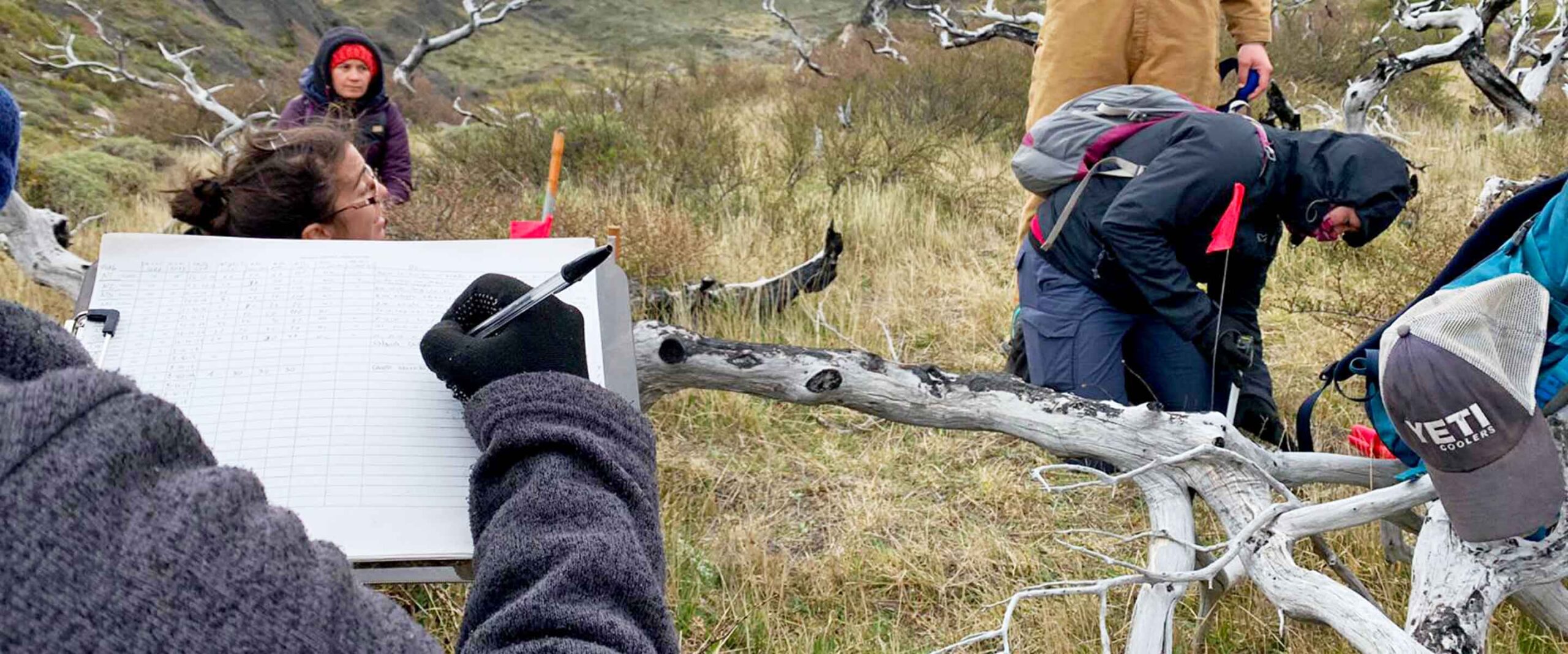
After forest fires scorched Torres del Paine’s landscape, reforestation efforts are bringing forth new life and helping to rehabilitate the park Torres del Paine National Park in Chile is known to many as the 8th wonder of the world. With granite peaks that pierce the wind-blistered sky and glaciers that...
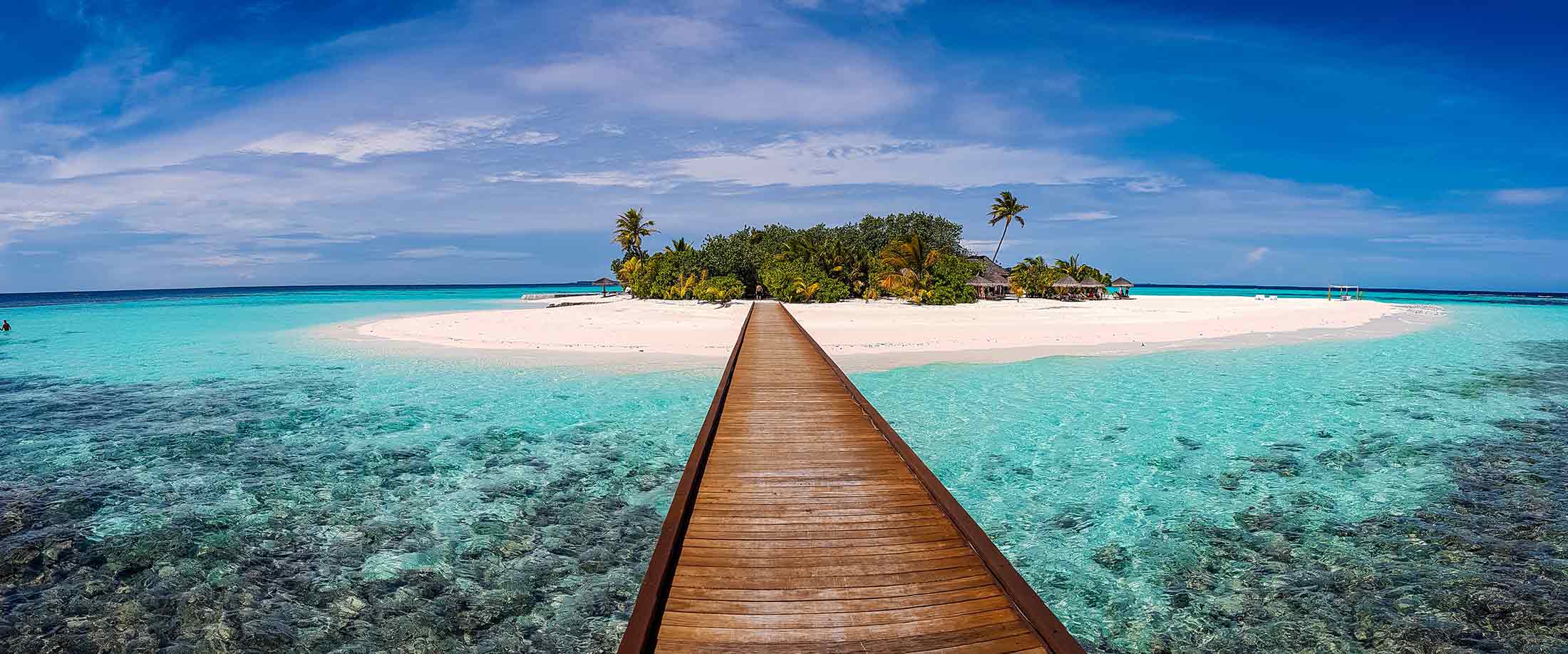
An online course to foster sustainable tourism development and policy-making in small island developing states As one of the fastest growing sectors in the world, tourism is a key economic factor for many Small Island Developing States (SIDS). However, the size and geographic location of SIDS results in many vulnerabilities...
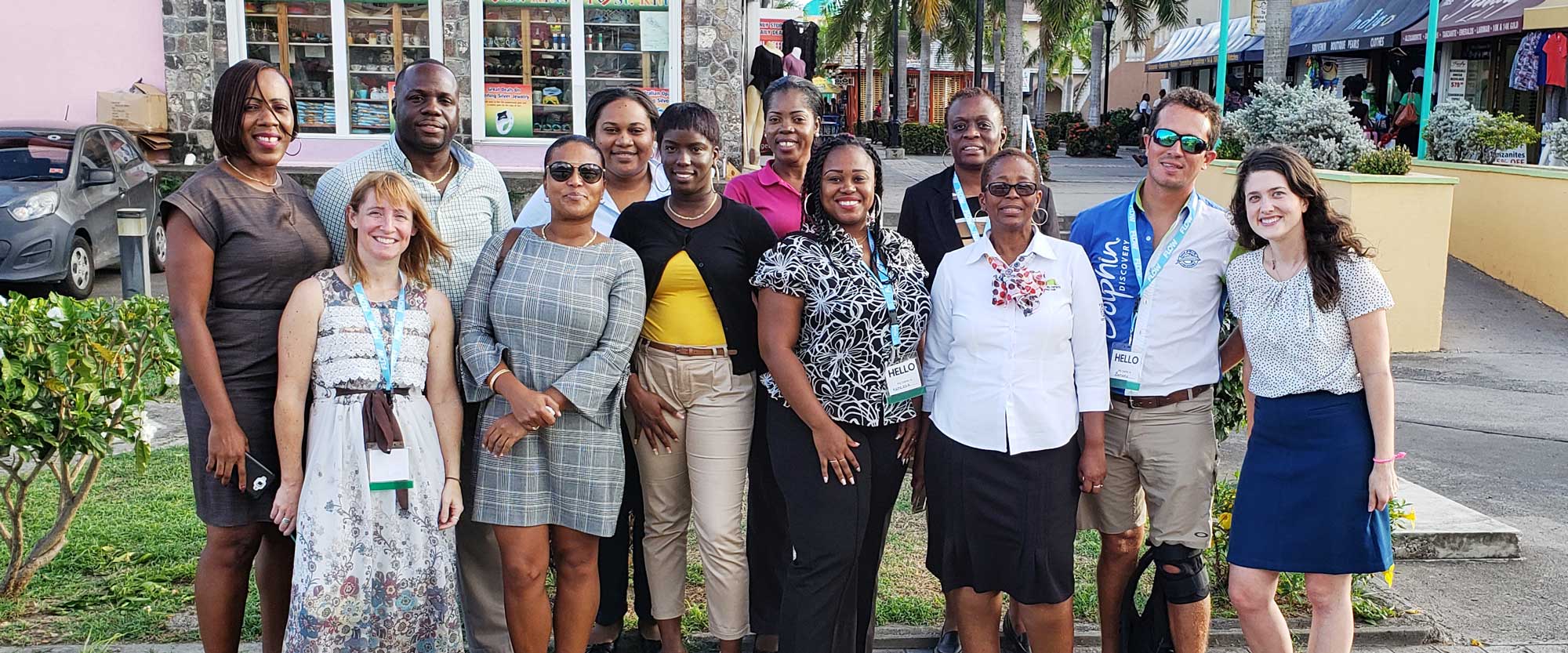
Facilitating a Train the Trainer Workshop focused on sustainable tourism Tourism destinations such as the Caribbean island of St. Kitts are only as strong as the people and businesses who make them up. From tour guides to hotel housekeeping staff, the local workforce are the building blocks of St. Kitts’...
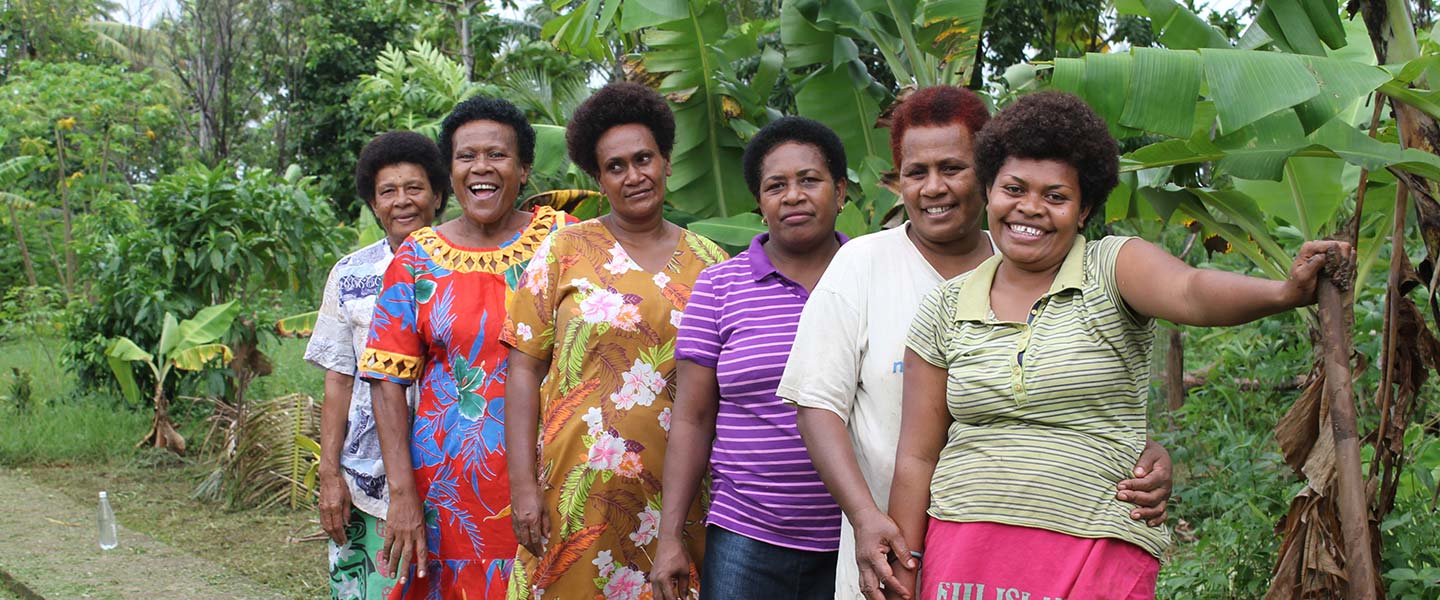
The islands of the Pacific are a popular destination for many travelers looking to trade in city life for secluded beaches, cultural authenticity and stunning natural environments. While the small size and remoteness of these destinations makes for ideal getaways, these characteristics also bring along many challenges. Visitors often put...
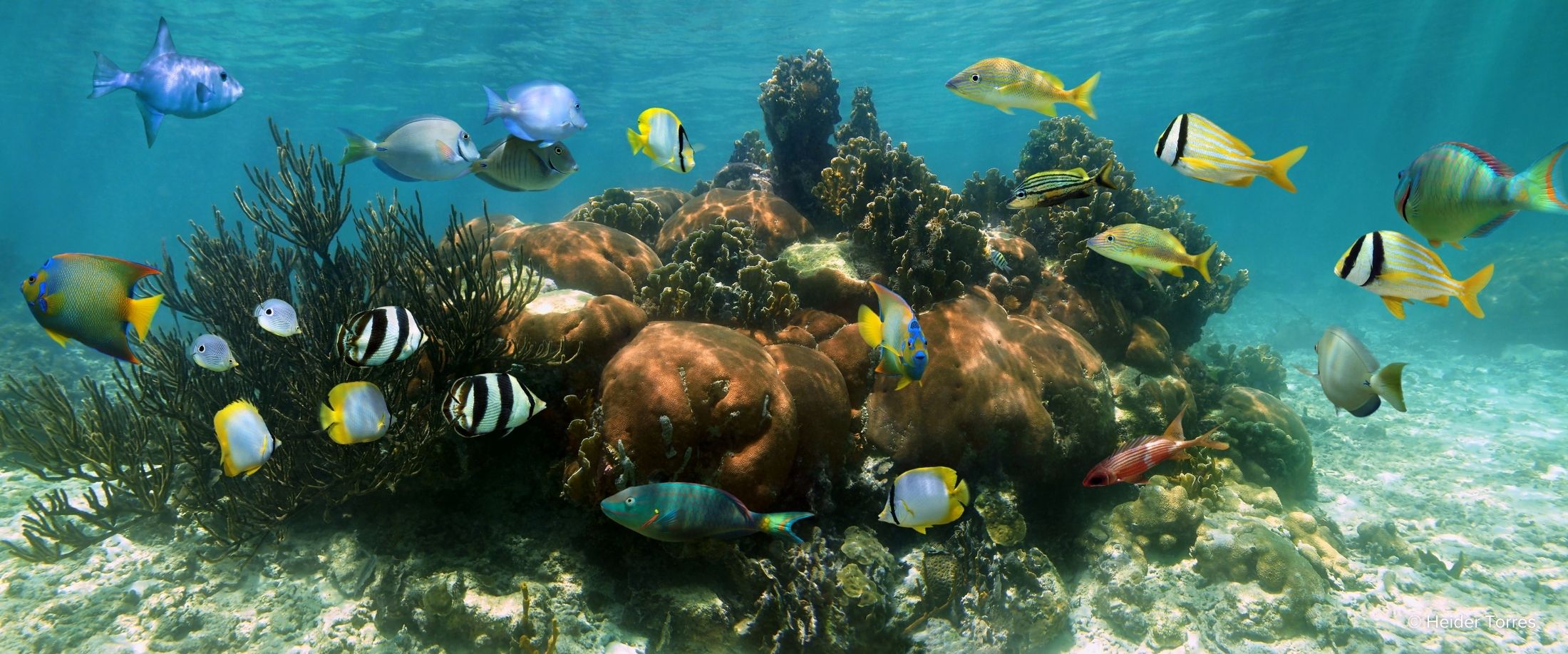
The Mesoamerican Reef Tourism Initiative (MARTI) worked in destinations bordering the world’s second-largest reef system to maintain a vibrant tourism industry that supports local communities and contributes to a healthy ecosystem. Stretching for 600 miles (965 kilometers) along the coast of Mexico, Belize, Guatemala, and Honduras, the Mesoamerican Reef is...
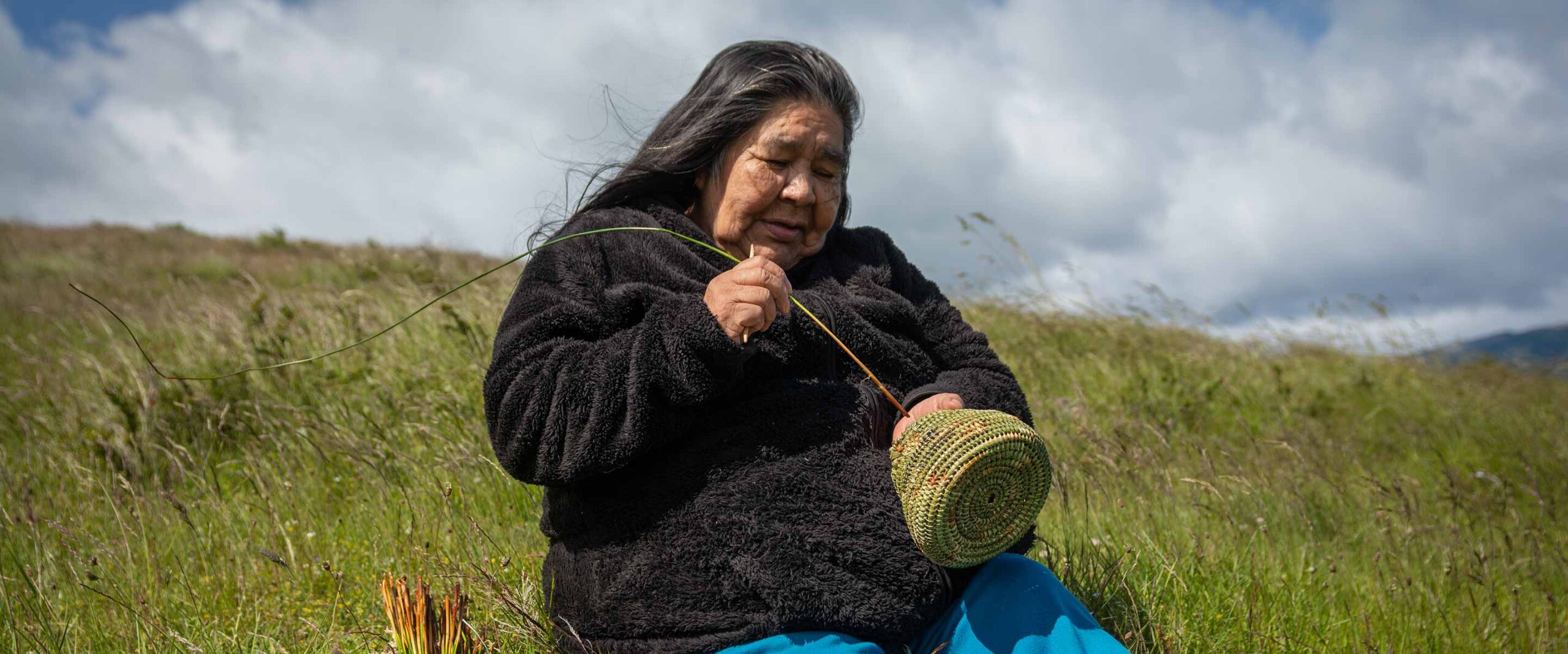
Community-run tourism to celebrate the forgotten heritage of Patagonia’s indigenous people While best known for its iconic glaciers and peaks, Torres del Paine and its gateway community of Puerto Natales also possess a rich cultural heritage. Much of this heritage is rooted in the history and traditions of the region’s...